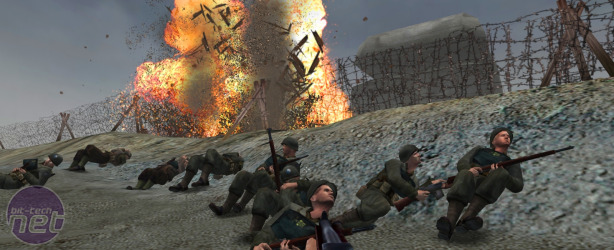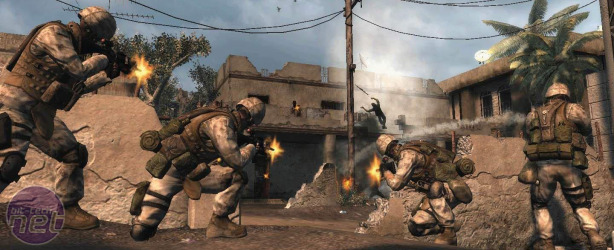
How 9/11 Affected Media
In this sense, gaming was no different from film and television in its response to the heightened sensitivities of the time (a trailer for the 2001 Spider Man movie was also edited due to a shot which featured the World Trade Centre). Yet, while films and novels were eventually created that revolved around, referenced or were otherwise inspired by the 9/11 attacks, games continued to avoid mentioning the subject.Why? Because there’s a presumption both within and outside the games industry that a videogame about 9/11 would be offensive by default.
Part of the problem lies in the semantics of the word 'game'. It implies an experience which is there primarily to entertain; a series of rules and mechanics designed for the purposes of having fun. Hence the idea of 'making a game about 9/11' immediately suggests a product that intends to make 9/11 enjoyable, while films and novels are recognised as being able to aim for other emotions.
This isn't because the games industry is incapable of making an intelligent and thought-provoking game based around 9/11, it's just that doing so would require a significant departure from a lot of mainstream gaming conventions.
What games have managed to take from the political aftermath of 9/11, though, is a scenario which has allowed the games industry to stay concurrent with real-world events without fundamentally altering mainstream design philosophies.
This is probably the most obvious influence 9/11 has had on games - the current FPS obsession with the middle-east and a modern warfare setting. Yet it is very much an indirect, generalised influence, and one which took a long time to develop. At the time of the attacks, mainstream shooters had only just discovered World War II as a potential setting: Allied Assault was not released until October 2002, and the original Call of Duty only emerged in November 2003.
In fact, the only major release to feature a middle-eastern setting before 2005 was the Playstation 2 game SOCOM: US Navy Seals. In a sense SOCOM was way ahead of its time, as it was released two months before Allied Assault landed on the beaches of Normandy. The final stages of SOCOM were set in Turkmenistan, with the team chasing down an Islamic terrorist group named the Allah Sadikahu.
Yet the influences the War or Terror had on SOCOM are only applicable in a general sense. Just like 2005’s Battlefield 2 (when the modern combat setting really came to the fore), the primary focus of SOCOM was multiplayer, and the setting was little more than a novel framework for clicking on virtual soldiers’ heads until they fell over.
Indeed, the majority of contemporary FPS games have either concentrated on multiplayer or, as with the Modern Warfare games, used the middle-eastern setting as only a part of the full experience. It’s another defensive tactic; a distancing from the reality of the ongoing middle-eastern conflict. The controversy over the unreleased Six Days in Fallujah was a stark reminder of what happens when mainstream gaming treads too closely to politically sensitive topics. Ultimately, publisher Konami decided to drop the title.
One of the main criticisms that Six Days in Fallujah encountered was that its relatively unconvincing visuals were at odds with the developers claims that they were creating an authentic and intelligent experience that evoked the experience of being a modern day soldier. The media often claims that it's the 'realistic' graphics of games that makes them dangerous. Ironically, though, it’s often games with cruder visuals (such as Manhunt, Postal II and Six Days in Fallujah) that come under fire. It’s the difference between attending a funeral in a smart black suit and turning up in ripped jeans and a t-shirt with a provocative slogan. If the look doesn’t fit the occasion it can be offensive, intentionally or not.

MSI MPG Velox 100R Chassis Review
October 14 2021 | 15:04











Want to comment? Please log in.